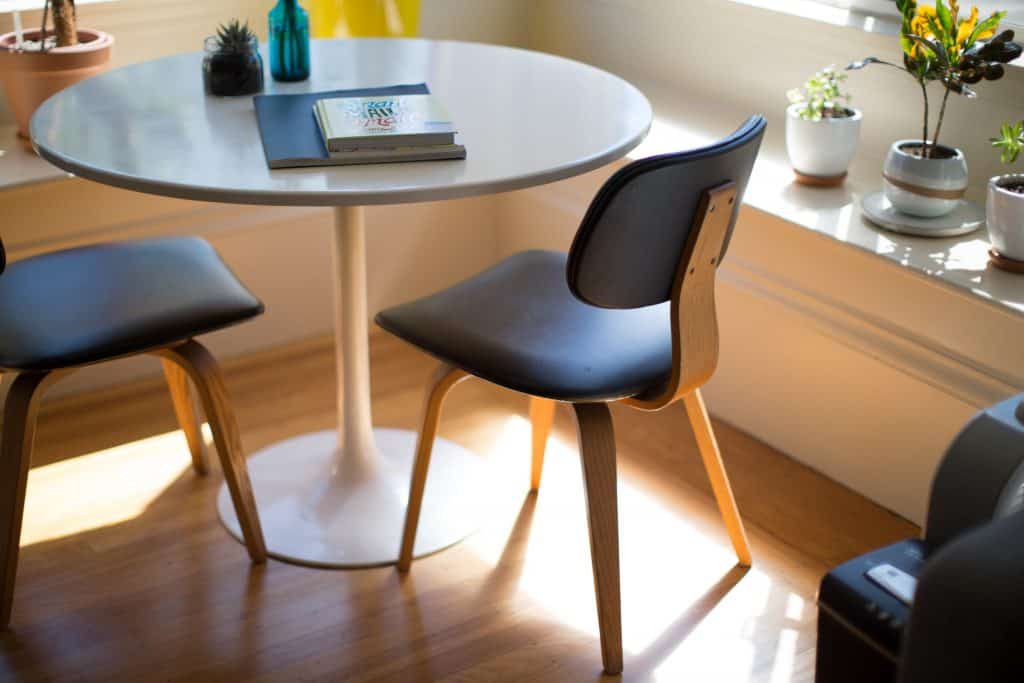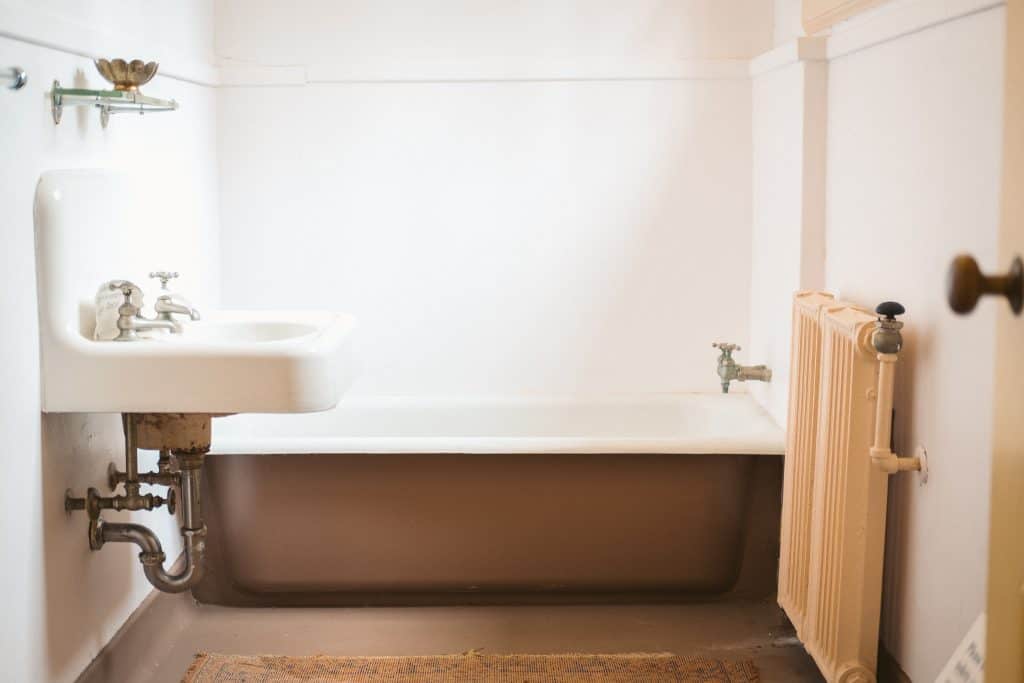The real cost of clutter isn’t how much you spent on the item in the first place.
Rather it is the complaint, blame, annoyance and overwhelm that occur when the things are in your way.
While decluttering unused items with my clients a frequently heard complaint is “but I paid good money for it!” I ask “but have you examined how much more it costs to keep it?
The cost of something doesn’t stop when you get it home. Do you pay rent on a storage unit or buying a bigger house to hold your stuff? For most folks their second most expensive purchase is a car that they can’t park in the garage. Is your garage is full of stuff you spent good, but less money on?
Consider the real cost if an item that requires maintenance or regular cleaning – like clothing that must be dry-cleaned, air freshener replacement cartridges, and pets that require food and vet care.
Material things have emotional costs, too, and not just when you notice that something is in the way or broken. Items that reminded you of bad times or relationships cause stress, as do the pieces of projects you’ve never completed. What about the baby gift you meant to give but forgot, and now the baby is now in middle school?
Every time you don’t follow through with something you meant to do you experience stress. This can lead to health-related costs from stubbing toes and tripping over stuff, or the old sitcom standby everything falling on you when you open the closet door. These may sound funny, but the respiratory problems aggravated when you can’t properly clean your house because things are in the way, are very real.
Here are some ways to help you spot opportunities to get more than organized.
Anyone can learn how. You can seek awareness, set yourself up for success and have a plan for what to keep and how to keep it well.
Energy Zappers – The little annoyances that drain us.
Little things annoy us everyday: a broom falls out of the closet, we’ve run out of eggs when we’re baking, we’re unable to find the important paper we need. It’s how we choose to deal with the little roadblocks in our day that can lead us down a path of simplicity.
One way to handle an annoyance is to ignore it. Do that, and odds are, it’ll happen again. Or, you can think of a solution to prevent it from happening again. A system might be just the thing. These annoyances are clutter. Eliminate the clutter and the annoyance goes away.
When you start to notice what’s causing you annoyance, you can begin to simplify your life and regain some energy. This includes things, systems (or lack of), perceptions and expectations. Often an interim fix will improve things until you find the ideal solution.
For instance, if the broom falls out of the closet every time you open the pantry door, put up a hook to hold it up and out of the way. If you do not have a hook at the moment, clear enough floor space to lean the broom with some stability. Then put “hook” on your shopping list and install it right away when you return from the store. Instead of ignoring the annoyance, you’ve taken an interim step to fix it, and eventually, found the ideal solution.
Simplify your life.
- Ask the right questions. Is there a better way, place, or time to accomplish your tasks?
- Know the real cost of clutter in your life.
- You have to assign a home to everything you own so, you know what you have.
- Use a list on trips to the store to save time and energy and avoid temptation.
- Get into the put your toys away in a timely fashion habit.
- A little time now saves much more time later.
Consider your consumerism.
Ever opened up a cabinet to find it so full you can’t add the new item you just purchased? Where did all this stuff come from? The answer is, you went shopping.
We live in a capitalistic society where everyone is trying to get us to buy something. Often companies offer us free stuff just to try some other thing. Great! Now we have two things we don’t need taking up physical and psychic space.
Clutter results from buying more than you need, because it’s on sale, or because it’s shiny and attractive, or possibly because it seems too hard to decide in the moment so you might as well. With a list, going to the store becomes a task that allows you to live your life. Without a list, shopping is frustration masquerading as entertainment.
Shop smart before you hit the stores and save hours of aggravation, not to mention money. Consider your needs. Products are positioned to solve problems. If you don’t have that problem, you don’t need that product.
Naturally, we occasionally give in to the temptation of the new. But when the new product doesn’t live up to your expectations, toss it. Useless items are in your way.
If you already own something that works, you don’t need a different product. Figure out what works for you, and stick with it. Making the decision once means less stress later because you’ll already know the best place to find an item, how often you need to replace it and the best place to store it.
Try these ways to be a considered consumer:
- Think about how you will use and keep an item before you purchase it.
- Research and clip coupons when you need something, not because you want to try it.
- Single purpose products are usually dust catchers.
- Quality over quantity brings longer lasting pleasure.
While it’s true that I was born with the desire to seek out order, I was not born with the knowledge of how to create it. I had to learn, read about and study the subject. Then practice it and incorporate new ideas along the way.
Many of my clients have admitted that they just don’t know how to get organized, like they were supposed to have access to the knowledge by instinct. When people don’t know how to cook, they take a class or read a book. When the want to learn how to market their business they attend a workshop, or ask another professional.
The same thing applies to organizing and simplifying your life.
Here is how to actually live a life with less overwhelm.
Become aware.
Like most problems, awareness of it as a problem is the first step. Is your clutter in your way? Do you tell yourself ‘I don’t have the time to…?’ Do you have to move something to get at the stuff you really need? Are you longing for a magical solution to feel less overwhelmed?
Take responsibility.
Blame and complaint won’t take care of it. You can’t control other people’s behavior. So, stop, take a deep breath and decide. How much of the clutter and schedule confusion is yours? You can control your part of the problem. You can make it easier for other’s to help but they have to take care of themselves.
Do the learning.
Step up and gather the knowledge. Then take action. Practice is the only magical solution. Pick your preferred method and learn. Read about it, attend classes, listen to programs online, or hire a Professional to walk you through it. Once you know what is possible, you can pick and choose the parts you need to arrive at your desired outcome.
You lose time if you have to rearrange the clutter to eat at the dining table, or look for lost items. How much is your time worth? How long have you put up with the clutter in your house? How much has that cost? The reality is you are paying good money to keep it. That’s the real cost of clutter.



